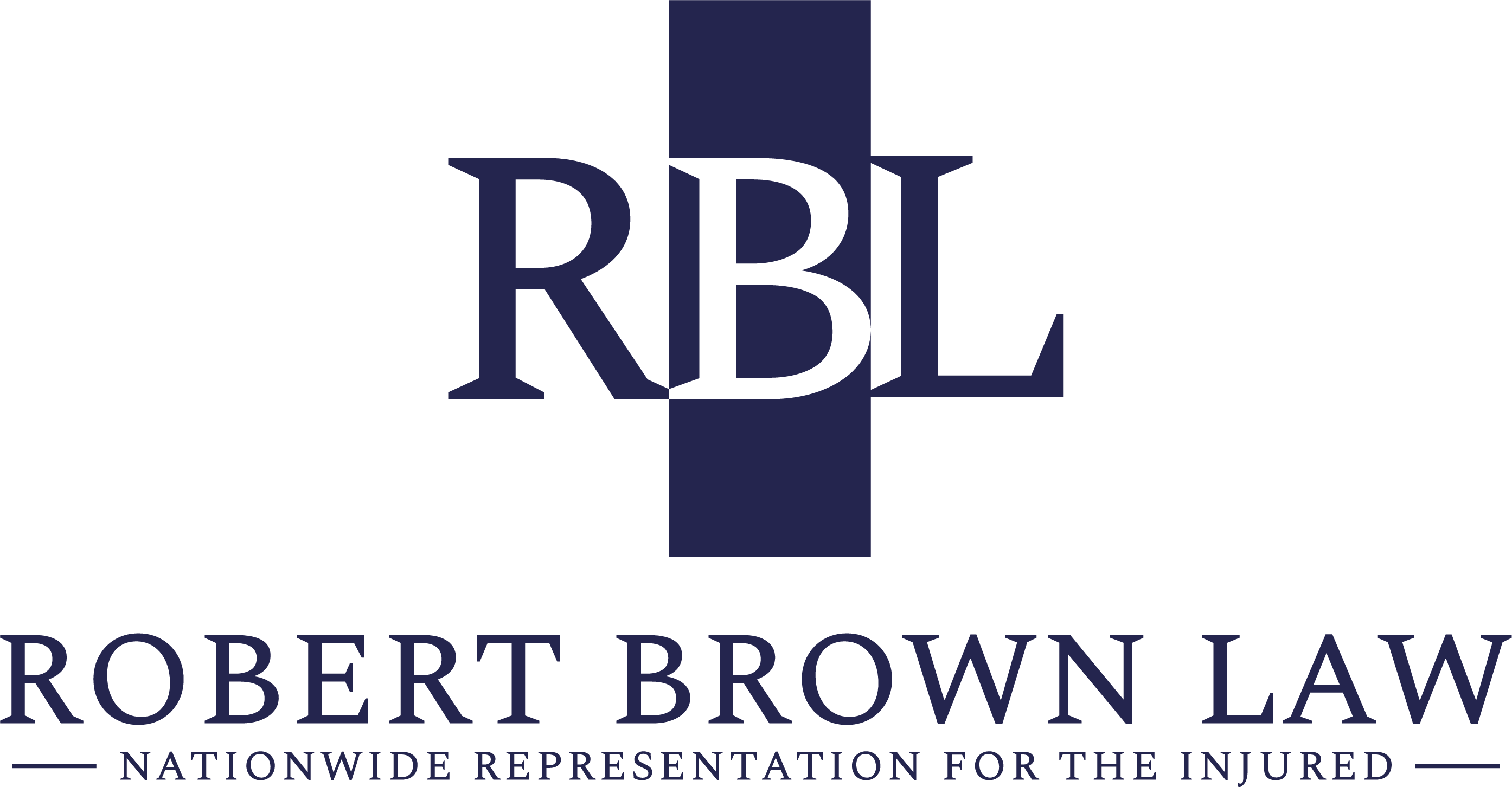What is the Difference Between a Birth Defect and a Birth Injury?
Many people use the terms “birth defect” and “birth injury” interchangeably, but there are several clear differences between them, two of the most important being how and when the condition developed or occurred. Understanding the distinction between a birth defect and a birth injury is imperative, not only in ensuring that your child receives the medical care he or she needs, but in pursuing fair and timely compensation from the responsible person or party, if the condition was caused by negligence. To learn more about birth injuries and how to pursue a negligence claim following a birth injury diagnosis, contact our reputable personal injury attorneys at Robert Brown Law today.
Birth injuries are largely preventable conditions and many birth injury cases are linked to medical negligence, meaning the delivering doctor or other medical staff may have failed to provide proper care before, during, or after delivery, causing the birth injury to occur.
Birth Defects vs. Birth Injuries
Now that we know that birth defects differ from birth injuries, we’ll begin by discussing birth defects. A birth defect, also known as a congenital disorder, is a structural abnormality that can affect virtually any part of the body. Birth defects are present at birth and can occur during any stage of pregnancy, although they typically develop during the first trimester, when the baby’s organs first begin to form. As far as causes go, birth defects can be inherited conditions or the result of certain external factors, such as exposure to harmful medications during pregnancy. Some examples of birth defects include:
- Congenital heart defects
- Down syndrome
- Cleft clip or cleft palate (oral clefts)
- Clubfoot
- Craniosynostosis
- Hypospadias
- Neural tube defects
- Spina bifida
- Microcephaly
- Omphalocele
- Muscular dystrophy
A birth injury, on the other hand, is a condition that occurs before, during, or immediately after the birthing process, often as a result of physical trauma or untreated illnesses. Birth injuries are largely preventable conditions and many birth injury cases are linked to medical negligence, meaning the delivering doctor or other medical staff may have failed to provide proper care before, during, or after delivery, causing the birth injury to occur. For instance, if the doctor uses excessive force during delivery and causes brain damage, the baby may suffer a serious birth injury called cerebral palsy, which affects movement and posture or muscle tone. The following are some examples of birth injuries that may result in a medical negligence claim:
- Bruising or forceps marks
- Brachial palsy
- Cerebral palsy
- Erb’s palsy
- Facial paralysis
- Fracture of the clavicle
- Subconjunctival hemorrhage
- Cephalohematoma
- Brain damage
- Oxygen deprivation
Pursuing Compensation for Your Child’s Birth Injury
Birth injuries can leave affected children with lifelong disabilities that diminish their quality of life and require costly ongoing medical care. If your doctor was negligent with your child’s care before, during, or shortly after childbirth, and your child suffered a birth injury like cerebral palsy or brain damage allegedly as a result of your doctor’s actions or lack of action, contact Robert Brown Law for a free birth injury consultation. Our attorneys know how devastating birth injuries can be for affected children and their families, and we will work tirelessly to help you hold the allegedly negligent doctor or hospital accountable for your child’s injuries.



